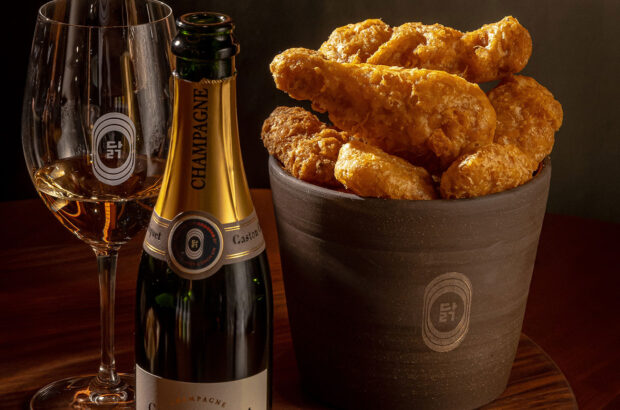Exports of single malt smashed through the £2bn mark for the first time last year [2023] thanks to a thirst for premium spirits in emerging markets in the Far East, despite a dip in overall sales of Scotch whisky around the world.
New figures from the Scotch Whisky Association (SWA) revealed that exports fell by 9.5% to £5.6bn, as demand from shops and bars eased following post-pandemic restocking.
Sales remained 14% higher than 2019’s pre-pandemic level, despite what the SWA called ‘a global cost of living crisis’.
Overall, the numbers showed the continuing long-term trend towards ‘premiumisation’, with Scotch fans swapping cheaper blends for more expensive malts.
The United States remained the biggest market for Scotch whisky by value, despite sales decreasing by 7% to £978m, followed by France, which dipped by 3% to £474m, and Singapore – a key distribution hub for the wider Asia-Pacific region – which climbed by 19% to £378m.
The volume of sales dropped by 19% year-on-year to the equivalent of 1.35 billion standard bottles but stayed 3% higher than the pre-pandemic level.
France held its spot as the top market by volume even though sales were down 15% to the equivalent of 174 million bottles, with India plunging by 24% to 167 million bottles, and the US falling by 7% to 127 million bottles.
Mark Kent, chief executive at the SWA, said: ‘We know that the Scotch whisky industry is remarkably resilient as we look at these numbers against the backdrop of rising costs for consumers and businesses, but the figures are a reminder once again that the Scotch whisky success story cannot be taken for granted.
‘We need to see more tangible support from government both at home and in our priority markets in order to continue to grow our export numbers, and the resultant investment, employment and economic benefits that come with that.
‘A cut to spirits duty in the spring Budget would be a step in the right direction, giving the industry platform at home to push forward with international growth.’
Chancellor Jeremy Hunt is due to deliver his Budget on 6 March, his final scheduled Budget before the next General Election.
Kent added: ‘Government must also do away with any notion of restricting the marketing of Scotch whisky in Scotland, which would have a significant and lasting impact on the industry’s ability to generate future growth.’
Last month [January] the Scottish Government promised to run a second consultation over its proposals to limit alcohol marketing following a backlash from the industry, which warned Scottish Ministers’ blanket proposals could harm tourism and smaller producers.
News of the fall in exports follows financial updates from the two biggest players in the Scotch whisky industry.
Last week, [15 February] Chivas Brothers-owner Pernod Ricard – the second-biggest Scotch maker and owner of Ballantine’s, Chivas Regal, and The Glenlivet – reported a 7% fall in half-year sales to €6.6bn (£5.6bn) as orders eased following post-pandemic restocking.
Last month [January] Diageo – Scotland’s largest distiller and maker of Johnnie Walker, Bell’s and J&B – partly blamed a 1.4% dip in sales to $11bn (£8.7bn) on trading-down by cash-strapped consumers in Latin America and the Caribbean.







